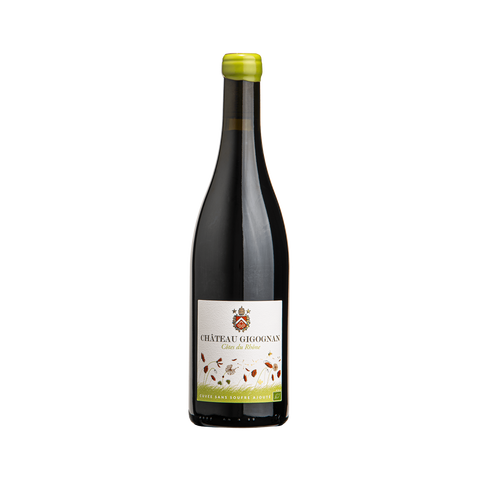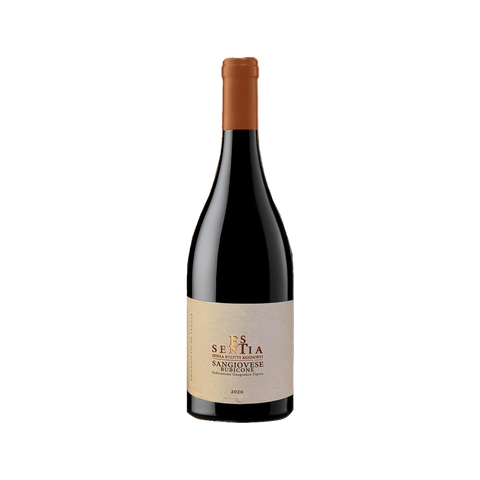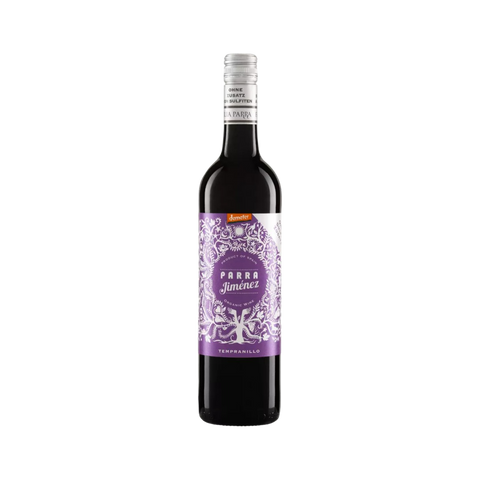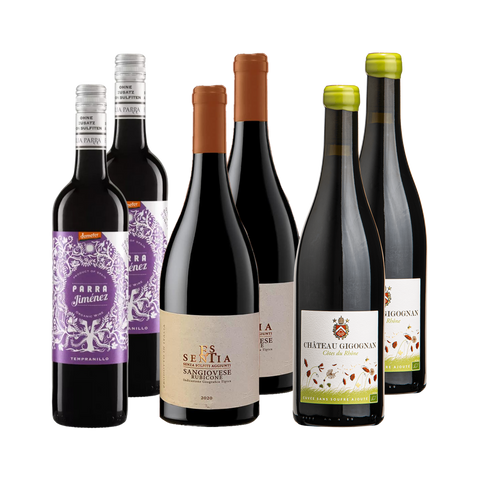Natural wine is a style of wine produced with minimal intervention and additives, following the principles of sustainability, organic farming and non-industrial winemaking practices. The aim of natural wine production is to allow the wine to express the true character of the grapes, the vineyard and the environment in which they are grown. Here are the key characteristics of natural wine
Minimal intervention: Natural winemaking involves minimal intervention in the winemaking process. This includes using native yeasts for fermentation (rather than commercial yeast strains), avoiding additives such as sulphites, enzymes and fining agents, and limiting filtration and manipulation techniques.
Organic and biodynamic farming: Many natural winemakers use organic or biodynamic farming methods in their vineyards. This includes avoiding synthetic chemicals, pesticides and herbicides, and prioritising soil health, biodiversity and sustainable farming practices.
Fermentation with indigenous yeasts: Natural wines are often fermented using indigenous or native yeasts found on the grape skins and in the vineyard environment. This can contribute to the unique flavours, aromas and complexity of the wine, reflecting the terroir of the vineyard.
No or low sulphites: Natural wines typically have little to no added sulfites (sulfur dioxide), which are commonly used as preservatives in winemaking. This can make natural wines more accessible to people with sulphite sensitivities.
Non-industrial methods: Natural winemakers avoid industrial winemaking practices such as temperature control, colour stabilising additives, excessive filtration and other interventions that can alter the natural characteristics of the wine.
Unfiltered and Unfinished: Many natural wines are unfiltered and unfinished, which allows them to retain more of their natural flavours, textures and nuances. This can result in wines with a slightly cloudy appearance, but with increased complexity and authenticity.
Expressing Terroir: Natural wines aim to express the unique terroir - the combination of soil, climate, topography and viticultural practices - in which the grapes are grown. The focus is on showcasing the true essence of the vineyard and region.





